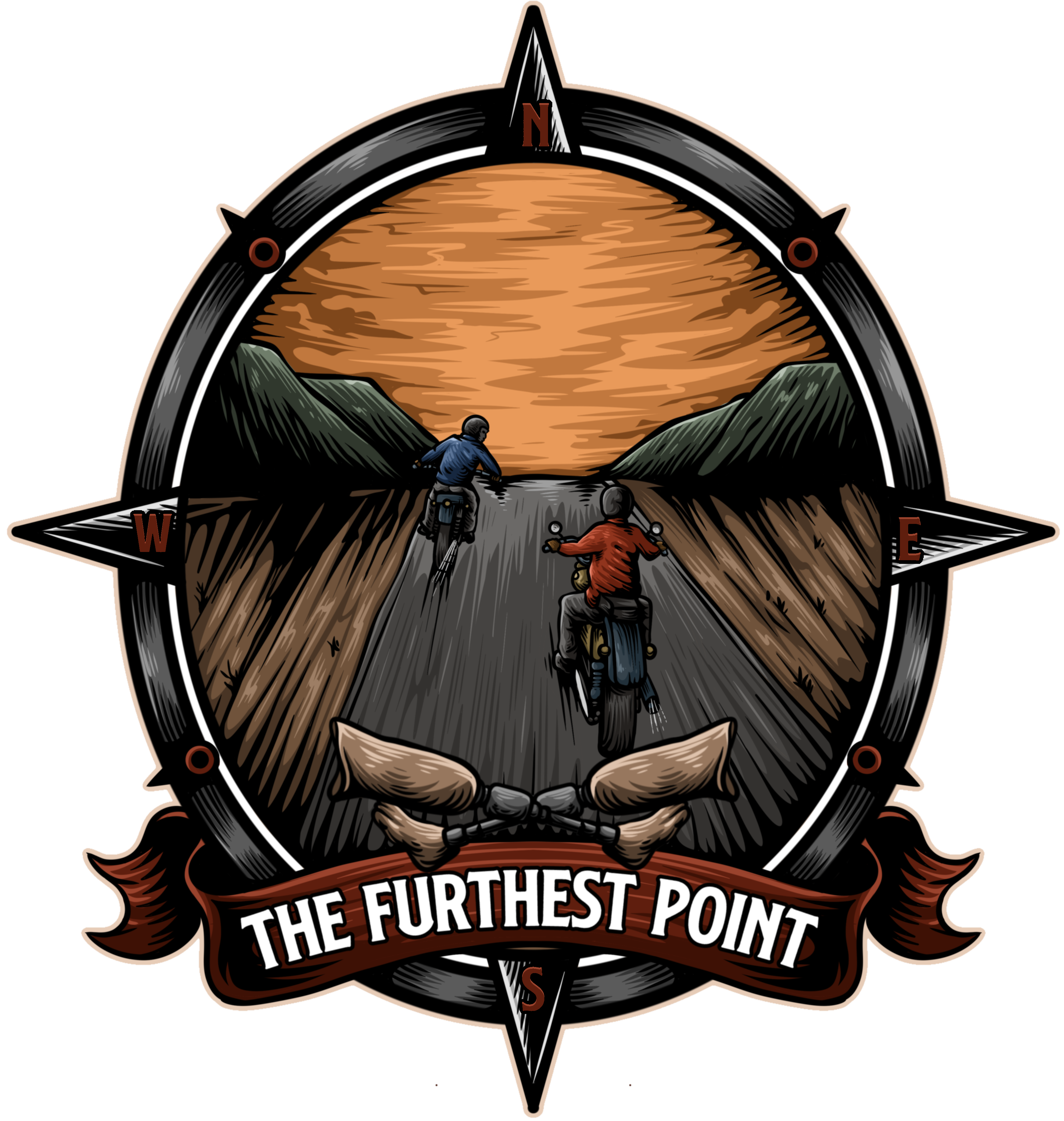If you would like to start my amputee journey from the beginning click here
The ambulance brought me back home and unloaded me onto the pavement outside in a wheelchair. He had to take me into the house which was no easy feat. The drive was about a 40-degree angle, and he really had to lean into it to get me up there.
Then we had to tackle the steps in through the side door. Without crutches, the only real option was for me to get out of the chair, sit on the floor and slide into the kitchen while he lifted the wheelchair into the house.
And there I was, back home with a carrier bag full of medication, not having a clue how I was going to do it.
The floor plan of the house was stupidly small. The side door into the kitchen was long and thin, just enough room to turn my wheelchair around. Into the hallway to the front door, I couldn’t have my hands on the wheels to push as the wheels scraped the door frames and skirting boards. I could only go back and forward up the hallway as it was too narrow until I got to the bottom of the stairs.
I could pull the chair into the front room doorway but couldn’t get in, as there was only a small gap between the armchair and the sofa. I had to transfer onto the arm of the sofa and slide along to what would be my spot for the next few months.

The stairs in that house were ridiculously steep. I had to put the brakes on my wheelchair at the bottom, get out, and sit down and go up on my bum. The next problem was what to do once I was up. I had to buy a second pair of crutches to keep upstairs so that I could get from bedroom to bathroom.
Other than the logistics of getting around initially, the first major problem was going to the loo. Which as you will now know has been the focus of my problems since this shit show started (no pun intended). If I was in my spot on the sofa and I really needed a wee, by the time I had got myself all the way upstairs, I was knackered and didn’t bother coming back down and would just lay in bed for half an hour.
I was advised to buy bottles, which I did, but I think I used them once or twice in an emergency and decided that they were definitely not for me.
Everything became a complete chore. I would go to do something no matter how trivial and found that I had to figure out a new way to do it.
If I wanted a brew, I would have to slide to the end of the sofa, transfer into my wheelchair, reverse into the hallway only using the walls to pull myself along. I’d pull myself into the kitchen where I was a little less restricted with the chair. Then I’d wheel myself back and forth from the kettle, sink, fridge, kettle, fridge, kettle. I’m tired just typing it. Once I had the brew, I had to try and get it back without spilling it. This involved needing different surfaces to put it down on along the way so I could gradually get closer to the front room while pulling my chair through the house. And even more surfaces if I was stupid and trying to do it on crutches.
Once I had made it to the front room, put the cup on the floor, transferred on to the sofa, moved the cup along, moved, myself along, I’d then have to have a nap because that took the fucking piss!

I found the best way to cope was to try and build a routine, which is difficult when you can’t do anything, and you’re all spaced out most of the time from your medication.
Generally, I would wake up, or decide I had had enough of lying in bed getting pissed off with pain and not sleeping. I would do the stretches given to me by my physio lying in bed as it was easier and that’s what they are designed for.
I couldn’t get my leg wet until it was completely healed so it was a wash sitting on a stool in front of the sink.
Downstairs to the kitchen for medication, and the joy that was anti-clotting injections in my really bruised stomach. This was followed by the forever tedious brew mission. And then began the morning staring session at the TV as the pain killers took control.
I had to arrange for the local district nurse to come to the house to change my dressings once a week. This is something I didn’t know was a thing. Once you’re out of hospital and home, you’re kind of left to it. No one really tells you what to do or gives you any advice.
I was lucky that I had my case manager that was employed for me by my solicitor, who could give me some rough guidance on what needs to happen medically and day to day.
If you find you need some support, don’t be afraid to speak to friends and family. If this isn’t possible please consider giving the Amputation foundation a shout at amputationfoundation.org or even get in touch with me via my contact page
Continue the journey HERE




